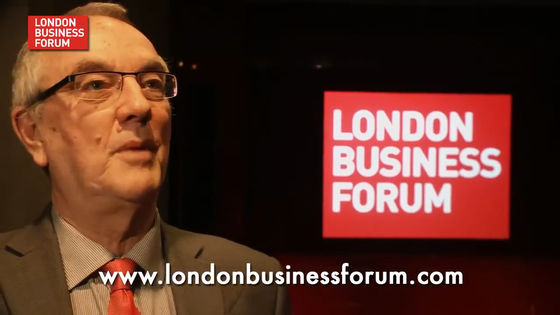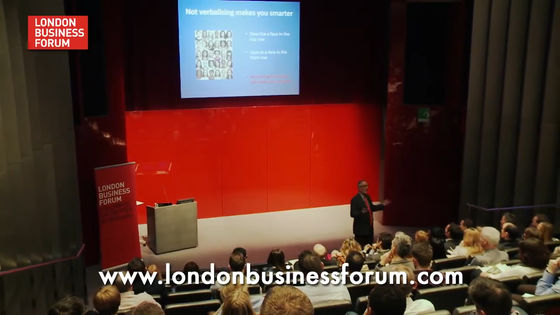Creativity is having the brain of a rabbit and the heart of a turtle

Cognitive scientist and educational consultant Guy Claxton says that to unleash your creativity, you need to have a ' rabbit brain and a turtle heart .'
Everyone has their own definition of creativity, but Claxton says, 'My definition is the ability to generate new ideas when you need them. And to do that, you need to put your mind in the right state—the state where ideas come naturally.'

One of the things that's needed to achieve this is a concept that Claxton calls the 'Tortoise Mind.'

At the heart of 'Turtle Mind' is the idea of 'what is intelligence?' Typically, intelligence is what we call 'cleverness'—the ability to construct arguments, organize facts, and decipher spreadsheets. These are all rational thoughts, and they are conscious processes.
Clearly, these abilities are very useful aspects of intelligence. But existing research suggests that there's also a great deal of intelligence happening on the periphery of the mind—in a more obscure, poetic, and unregulated realm. So, Claxton argued, by neglecting the 'turtle mind,' we undermine our own intelligence.

'A friend of mine once taught me a very basic and wise lesson,' Claxton says. Early in his career, the friend discovered a 'very important truth about decision-making.' The first question to ask yourself when making a decision is, 'When does this decision need to be made?'
And then you don't make a decision until that deadline, which could be minutes, hours, days, or even months. Claxton argues that it's a mistake to make a decision too quickly, or to assume that 'decisiveness is a sign of intelligence.'
Claxton said such quick decisions are 'even more of a sign of stupidity' and don't allow time for information gathering, inspiration, or creative ideas to emerge.

Many people also believe that there are two types of creativity: 'great creativity' and 'everyday creativity.' The former is the creativity seen in people like Mozart, Einstein, and Steve Jobs, while the latter is the kind of creativity that we all experience, such as when a new idea suddenly pops into our heads while we're taking a shower or commuting to work.

While some people may make this distinction unconsciously, Claxton says that it's 'everyday creativity,' like 'when you're trying to solve a problem and you can't find the answer, and then suddenly inspiration strikes you in the bath,' that can be incredibly useful.
She said that 'everyday creativity' is beneficial to everyone, including business people, mothers, teachers, and students, and that 'everyday creativity' can be cultivated.
If we get caught up in 'fast, rational thinking,' we lose this 'everyday creativity,' which 'is a huge loss,' Claxton says.

Claxton goes into more detail about this 'hare brain, tortoise mind' in his book 'Hare Brain, Tortoise Mind: How Intelligence Increases When You Think Less,' so if you're interested in the details, check it out.
Amazon | Hare Brain, Tortoise Mind: How Intelligence Increases When You Think Less | Claxton, Guy | Neuropsychology

Related Posts:
in Video, Posted by logu_ii







